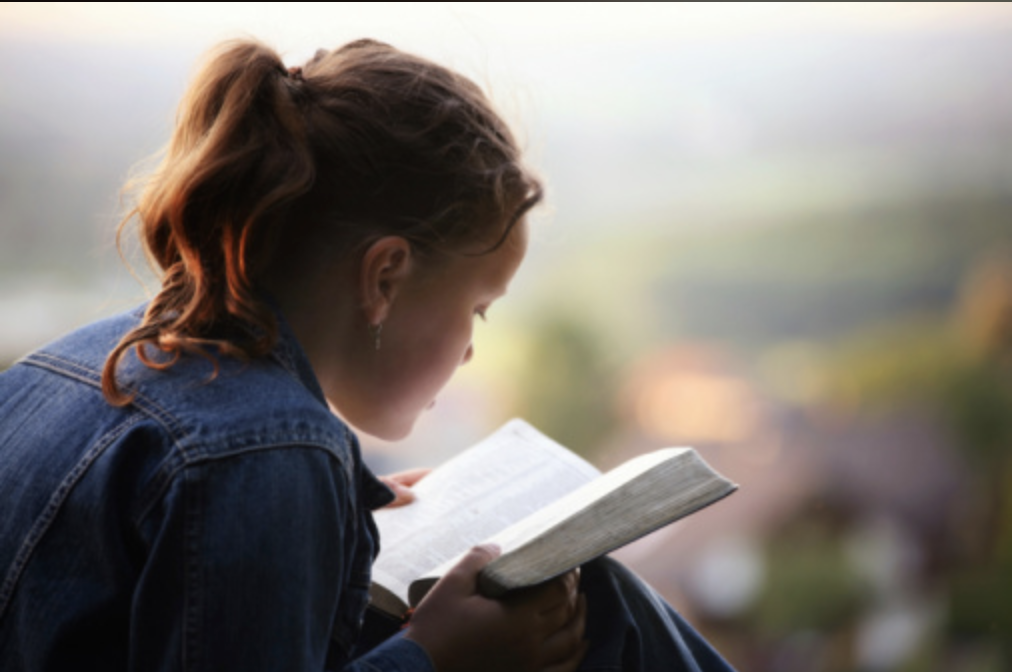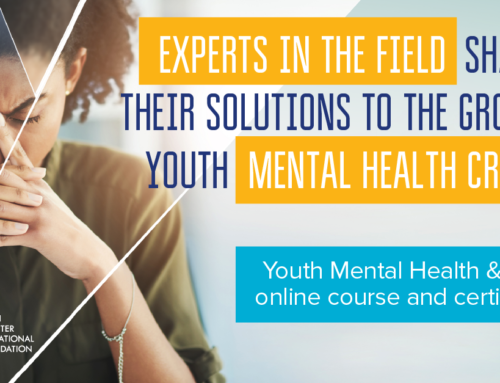
Last year, an Ohio newsite dropped an article with a bombshell first line: “Hundreds of public school students in central Ohio have the power to leave campus during the day – not for lunch or recess, but for Bible-based education.”
It turns out that this is not an isolated case — a nonprofit called LifeWise Academy is working to bring this service to every school in America.
For most of us, this is confusing and even concerning. Is this legal? If it was legal, wouldn’t we have known about it before now? What about the separation of church and state, a principle that’s literally written into our Bill of Rights? On the flip side, Christianity does promote good values that in turn may lead to better citizens. Let’s examine this more closely.
Christian Instruction for Public School Students?
First of all, it’s important to know that LifeWise Academy is an evangelical Christian organization. They’re teaching kids about the Bible, about Jesus, and about who God is.
A concept like this is almost unheard of in today’s America. Sure, we can all imagine the day opening with Scripture reading in an 1800’s one-room schoolhouse. A few decades ago, saying the pledge of allegiance, where God is mentioned, wasn’t considered offensive. It was completely normal.
The point is, we can see Christianity making its way into public schools a few decades ago. Certainly we can picture it a century ago. But now, most religious presence seems to have been done away with entirely, except for Catholic, Jewish, and Mormons, who actually still offer religious programs for kids during the school day—they’re still taking advantage of a concept the rest of us forgot. For the typical Protestant Christian, there has been a serious lack of resources or clubs in this area.
Some say that’s progress. Others contend that the nation was better off when religion was a bigger part of family and school life. Both sides eventually come back to one thing: separation of church and state. The Bill of Rights says, “Congress shall make no law respecting an establishment of religion.” Schools are government-established institutions, so doesn’t that mean LifeWise Academy is making a mistake?
Zorach v. Clauson: A Look at a 1952 Supreme Court Ruling
One of the most important tenets of our government is that previous rulings by a United States court affect similar cases that come after. When a ruling affects a current case, that’s called precedent of law. Thomson Reuters, a legal support website, expands on this: “Legal precedents are when a case’s circumstances and legal requirements match those of a contemporary legal dispute; unless a party can demonstrate that it was incorrectly resolved or that it differed materially, the precedent will typically govern the outcome of a later similar case.”
Keeping that in mind, we can now look back at the foundation LifeWise and others have used to make a case for religious education for public school students. That foundation is a case called Zorach v. Clauson.
On April 28, 1952, the United States Supreme Court ruled in the case of Zorach v. Clauson that public school students could, in fact, participate in religious activities during a school day. In the case, a New York City school had implemented a “released time religious instruction program” where children were allowed to leave campus for a certain period during the school day to pray and receive religious teaching. It was brought to court and, as Oyez says, “In a 6-to-3 decision, the Court held that the ‘released time’ program neither constituted the establishment of religion nor interfered with the free exercise of religion.”
This ruling has been termed a “forgotten law.” For years it’s gone under the radar and virtually no one in America knows it even happened. Well, that’s quickly changing.
What is “Released Time Religious Instruction”?
Released Time Religious Instruction, often called simply “released time,” is a legal right upheld by Zorach v. Clauson.
Basically, this means that kids can be released from public school during the school day to get religious instruction from a third party.
However, Zorach v. Clauson established some rules. Release time must:
- Be off school property
- Be privately funded
- Only be allowed with parental consent
These conditions laid out by the Supreme Court are essential to keeping a clear line between government education and church activity.
Changing Our View of Separation of Church and State
Now that we understand these rules, we can establish one thing very clearly: Christian instruction for public school kids can be separated from state-established schooling. Not only can it be done, it should be done.
We don’t need to tear down separation of church and state. Instead, we need to start thinking about it differently. Just because a child is in public school doesn’t mean he is not religious. Religious values – Christian, Mormon, or Muslim – are still a part of him and a part of his family. That’s vitally important! It’s sad to see so many individuals associated with education today buy into the idea that all kids need to think the same way or throw off the religion of their parents.
Public schools should respect religion and the incredible benefits it brings to families and communities. In fact, the government’s duty is to recognize and respect religion, according to the Constitution. The U.S. Supreme Court understood this and they made space for it. Public schools are required to do the same.
We can start to change the popular view of this issue. Because release time is done away from government buildings, on private property, and is privately funded, separation is maintained. Even more important, the laws and principles of our country are upheld.
How Can We Implement Released Time in America?
Earlier we talked about LifeWise Academy. LifeWise is taking good advantage of the freedom found under Zorach v. Clauson and providing communities and schools with off-campus buildings where kids can learn about God during school hours.
If a group or community is interested in beginning a Bible-based program for public school students, LifeWise sets them up with the resources: training, curriculum, and more. Then, volunteers and teachers are recruited to teach classes and help the program run smoothly. Location options could include constructing a small classroom building near school property or using another privately-owned location, or even a nearby church.
Most of the kids who are attending didn’t even have a basic knowledge of Christianity. LifeWise says that kids who had never heard the words “Bible” and “Jesus” are now regularly attending Bible class during the school day and making a difference in their families and communities. Lifewise claims they’re changing lives with this ministry.
LifeWise has begun to pave the way. Their innovation should be an inspiration to anyone else who wishes to begin a similar program—whether it has a nation-wide reach or is just a local project and regardless of denomination.
Creating Change in Every Community
Who knows? Maybe religious instruction for public school students will become the norm, with every community offering Bible teaching to any family who wants it.
Religion is the bedrock of society. For many families, if they lose it, they lose part of their identity and purpose. The leaders at LifeWise Academy and others with similar goals give us hope that these important principles will not be lost.
If you’d like to learn more about how public schools can improve religious education, check out this article. Visit their site if you’d like to learn more about LifeWise Academy and how to get started in your own community.




